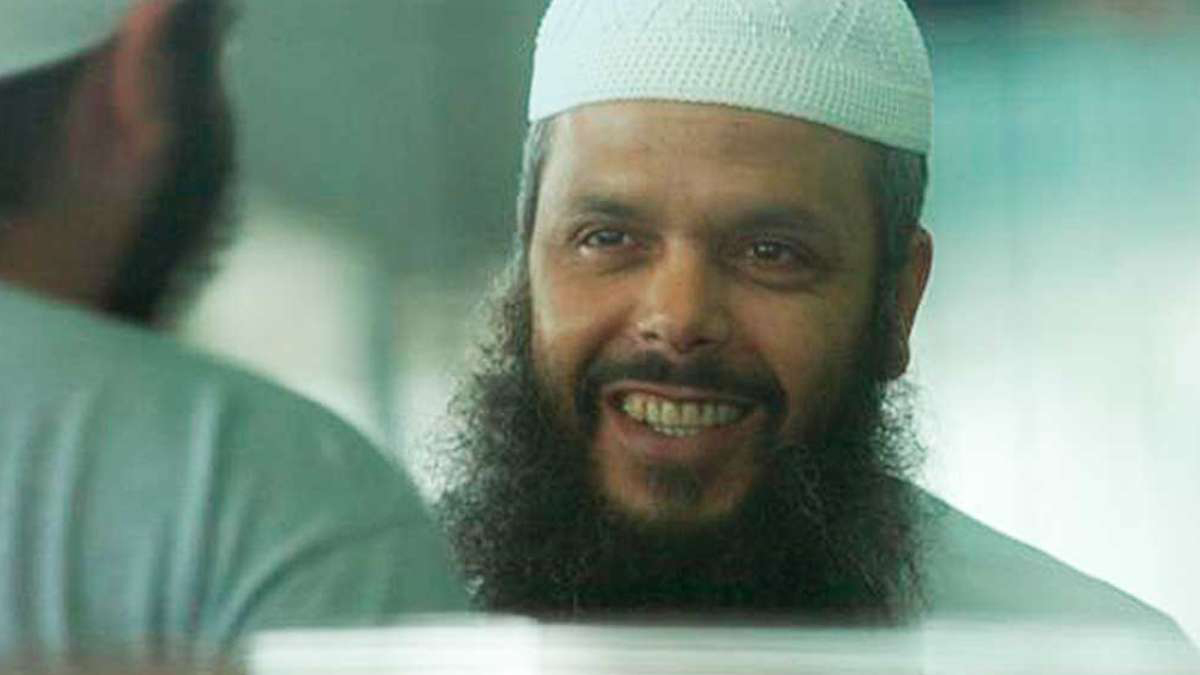Gary David is more-or-less forgotten, these days, but there was a time when he dominated news and politics as Public Enemy Number One. David was institutionalised, in orphanages, boys’ homes and ultimately prison, for 33 of his 38 years. From a life of petty crime, David graduated to armed robbery and attempted murder and was jailed for 14 years in 1982.
But David was deemed by police, psychologists and politicians to be so dangerous that, even after his sentence was served, he could not be released. Ultimately, the Victorian Parliament passed the Community Protection Act, which allowed judges to keep him behind bars for so long as they deemed him too great a threat to release. New South Wales passed a similar act.
David died behind bars in 1993.
The idea that some criminals are just too dangerous to be allowed out of jail is once again troubling police, judges and politicians, as a first wave of imprisoned jihadis and Islamic terrorists come up for release.
The judge who presided over Australia’s largest terrorism trial has thrown his weight behind continuing detention orders, saying he is “pessimistic’’ that some of the men he sentenced to long jail terms will be rehabilitated by the time they get out.
[…]Mr Whealy said when the time came, there would be “a powerful argument’’ for keeping some of the more extreme offenders in jail, such was their commitment to extremist ideology.
These are not just a few beardy-weirdies who got a bit shouty about Allah, either.
The 2005 Pendennis plot saw conspirators in NSW and Victoria plan to attack targets in Sydney and Melbourne.
They stockpiled precursor explosive chemicals, scouted targets and acquired ammunition[…]They include Abdul Nacer Benbrika, the Algerian-born radical preacher at the centre of the Pendennis conspiracy, and Bilal Khazal, a one-time confidant of Osama bin Laden.
Benbrika was infamously overheard in police wire taps exhorting his followers to do “maximum damage’’ in their attacks.
He is due for release on November 4, having been repeatedly denied parole.
Naturally, their lawyers have their two cents.
Melbourne lawyer Rob Starry, who represented Benbrika at his trial, criticised the use of the CDOs, saying they fatally undercut the role of the sentencing judge, whose job it was to weigh culpability and punish accordingly. “Once you’ve paid your debt to society, you’ve got a chance for reintegration,’’ he said.
“The system is premised on this Christian ethos of forgiveness and repentance, but that’s never put into practice.’’
It seems more than a bit rich, preaching “Christian ethos” about a jihadi who nurses a deadly hatred of Christians.
However, Mr Whealy said while CDOs were “harsh’’, they were in some cases justified. “You have to ask which is the paramount interest here, the freedom of the person or the safety of the community? I think when you put it in those terms, you have to say, harsh though it is, it’s necessary for the protection of the public.’’
theaustralian.com.au/business/legal-affairs/some-terrorists-unfit-for-release-says-former-judge/
If you enjoyed this BFD article please consider sharing it with your friends.

